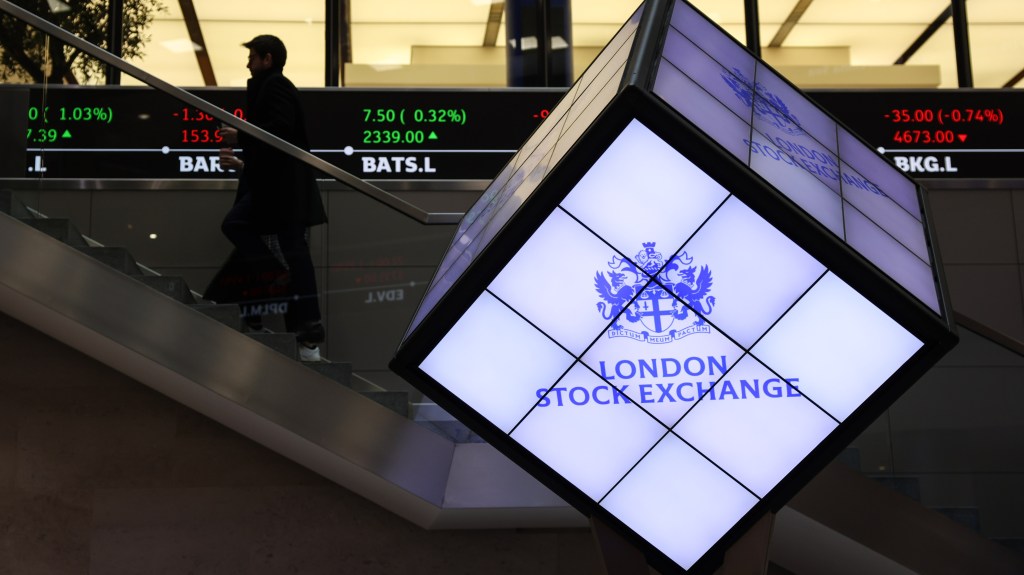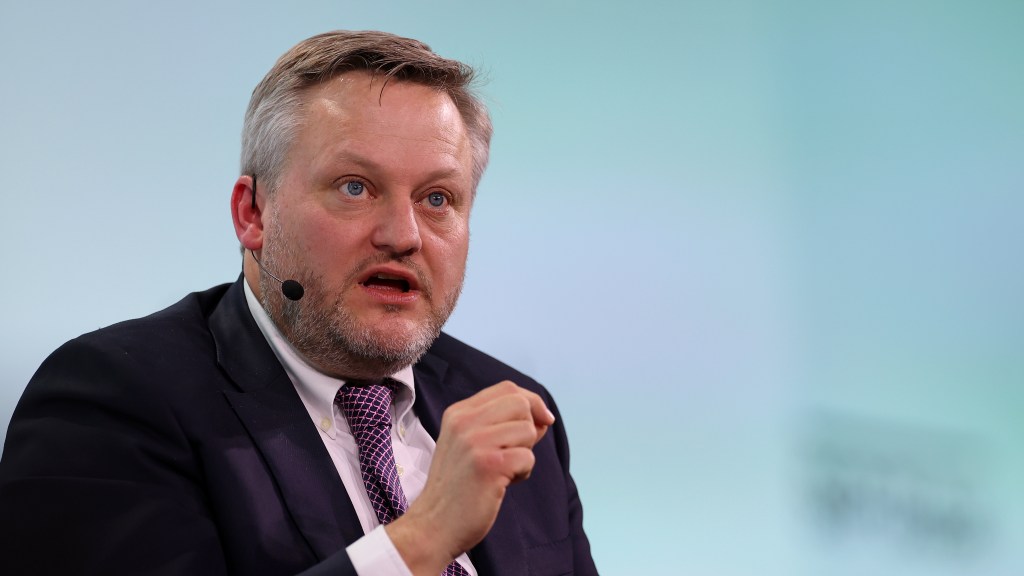Victoria Beckham’s Fashion Brand Poised for Profit Amid Growth
Victoria Beckham’s fashion brand appears set to achieve profitability this year, marking a significant turnaround after relying on the family’s other income sources for over ten years.
Victoria Beckham Ltd, launched in 2008 when her husband, David, played for LA Galaxy, saw sales soar by 52% last year, totaling £89.1 million, up from £58.8 million in 2022.
This marks the third consecutive year of double-digit revenue growth, with notable increases in both online sales and at the flagship store located in Mayfair, central London.
One of the standout items was an £850 gathered-waist midi dress, which represented 10% of online sales last year. The belt category emerged as the fastest-growing, with prices reaching up to £250.
“2023 has been another exceptional year for the company, and we are continuing to see a strong growth trajectory as we work to establish Victoria Beckham as a prominent global luxury brand,” stated Marie Leblanc, the chief executive.
Leblanc further noted, “We are building a loyal customer base, bolstered by successful showcases at Paris Fashion Week and new partnerships, with particularly positive results in direct-to-consumer channels and leather goods.”
Despite past criticisms surrounding financial losses of tens of millions over the last 16 years, Victoria Beckham and David remain the primary stakeholders, alongside their long-term manager Simon Fuller and the private equity firm NEO Investment Partners.
Since taking the helm as chief executive five years ago, Leblanc has focused on restructuring the business. Her strategy has emphasized a single ready-to-wear collection while branching out into leather goods, watches, and more recently, beauty products.
While Victoria Beckham Ltd reported an operating loss of £200,000 in 2023, this figure marked an improvement from the £900,000 loss in 2022. This development represents the fourth consecutive year of narrowing operational losses as the company progresses towards profitability—a notable shift from an operating loss of nearly £16 million in 2019.




Post Comment